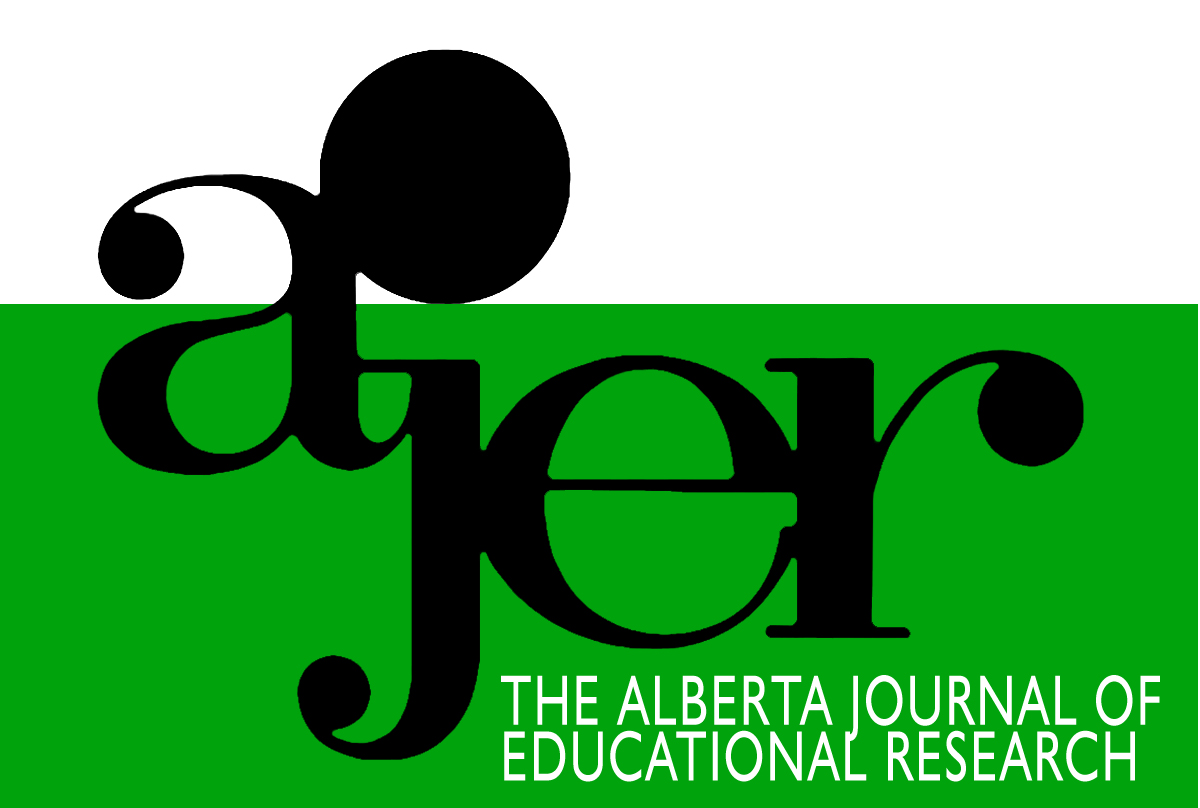Enacting Relational Leadership Through Restorative Practices
DOI:
https://doi.org/10.55016/ojs/ajer.v67i2.68603Abstract
A restorative approach to education emphasizes that educators play a critical role in building relationships amongst school stakeholders. This case study examined the four-year journey of leading a school to implement and sustain a restorative culture. A theoretical framework for restorative practices was established around relational leadership theory and dialogue, providing the foundation for this research. The research addressed the need for studying the leading of restorative culture change from a relational perspective, while highlighting the need for leadership to establish spaces, processes, attitudes, language, and questions for establishing effective dialogue to initiate the building and sustaining of effective relations. Although the restorative culture was described by some as “diluted” by the end of the initiative, it was evident that restorative practices remained integral to the daily educational practices as a result of the four-year initiative by school leadership to integrate restorative approaches into daily practices.
Key words: relational leadership, restorative practices, school culture, dialogue
Une approche réparatrice de l'éducation souligne que les éducateurs jouent un rôle essentiel dans l'établissement de relations entre les parties prenantes de l'école. Cette étude de cas examine le parcours de quatre ans de la direction d'une école pour mettre en œuvre et maintenir une culture réparatrice. Un cadre théorique pour les pratiques réparatrices a été établi autour de la théorie du leadership relationnel et du dialogue, ce qui constitue le fondement de cette recherche. La recherche a répondu au besoin d'étudier la gestion du changement de la culture réparatrice d'un point de vue relationnel, tout en soulignant la nécessité pour le leadership d'établir des espaces, des processus, des attitudes, un langage et des questions pour établir un dialogue efficace afin d'initier la construction et le maintien de relations efficaces. Bien que la culture réparatrice ait été décrite par certains comme "diluée" à la fin de l'initiative, il était évident que les pratiques réparatrices restaient partie intégrante des pratiques éducatives quotidiennes suite à l'initiative de quatre ans de la direction de l'école pour intégrer les approches réparatrices dans les pratiques quotidiennes.
Mots-clés : leadership relationnel, pratiques réparatrices, culture scolaire, dialogue
Downloads
Published
Issue
Section
License
UNIVERSITY OF ALBERTA COPYRIGHT LICENSE AND PUBLICATION AGREEMENT
If accepted, authors will be asked to sign a copyright agreement with the following points:
A. Where there is any inconsistency between this Copyright License and Publication Agreement and any other document or agreement in relation to the same subject matter, the terms of this Agreement shall govern.
B. This document sets out the rights you are granting in relation to publication of your article, book review, or research note entitled (the “Article”) through inclusion in the academic journal titled Alberta Journal of Educational Research (the “Journal”) published through the Faculty of Education, representing the Governors of the University of Alberta (the “Journal Editor”).
C. There will be no payment to you for this publication and grant of rights. In consideration of the agreement to publish the Article in the Journal:
1. You are warranting that:
- the content of the Article is your original work, and its content does not contain any material infringing the copyright of others; or, where the Article is not entirely your original work, you have obtained all necessary permissions in writing to grant the rights you are giving in this agreement;
- the content of the Article does not contain any material that is defamatory of, or violates the privacy rights of, or discloses the confidential information of, any other person;
- the Article has not been published elsewhere in whole or in part, and you will not allow publication of the Article elsewhere without the consent of the Journal Editor;
- the names of all co-authors and contributors to the Article are:
2. You agree to license the copyright in the Article to the Journal Editor, on a worldwide, perpetual, royalty free basis; and to the extent required by the terms of this agreement. You shall retain the right at all times to be acknowledged as the/an author of the Article.
3. You further agree that the Journal Editor has the entitlement to deal with the Article as the Journal Editor sees fit, and including in the following manner;
- The right to print, publish, market, communicate and distribute the Article and the Journal, in this and any subsequent editions, in all media (including electronic media), in all languages, and in all territories, ing the full term of copyright, and including any form of the Article separated from the Journal, such as in a database, abstract, offprint, translation or otherwise, and to authorize third parties to do so;
- The right to register copyright of the Journal;
- The right to edit the Article, to conform to editorial policy as the Journal Editor sees fit.
4. If any co-author or contributor to the Article does not sign this agreement, the Journal Editor reserves the right to refuse to publish the Article.



